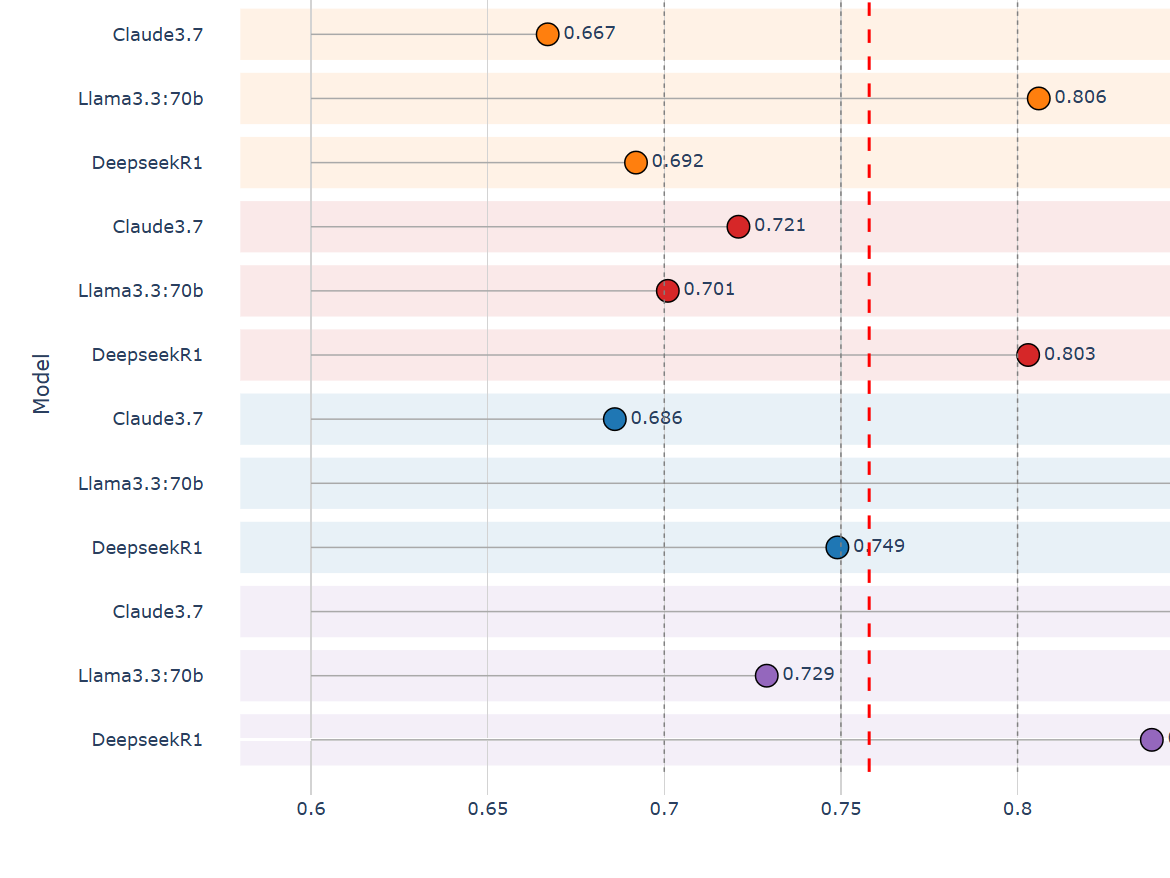Hands on History talk with Sarah Oberbichler, Leibniz Institute of European History in Mainz.
Recent AI developments have opened new perspectives for qualitative research. While corpus-based discourse or content analysis so far treated texts as a “bag of words” and identified linguistic patterns based on frequency distributions (Marjanen et al. 2020; Rouhana 2023), LLMs offer a significantly more profound ability to process language, semantics, and context (Hayes 2023). LLMs can not only recognize statistical patterns but also capture the complexity of natural language and the dynamics of human communication and expression (Rouhana 2023). Especially for argument mining, a process of automatically extracting arguments and their components, generative AI approaches have proven to outperform existing methods (Gorur et al., 2024; Cabessa et al., 2025).
This hands-on session illustrates the use of LLMs for Argumentative Discourse Unit (ADU) extraction – a subtask of argument mining – to examine rhetorical patterns in the 1908 Messina earthquake news coverage. So far, computational methods could not be successfully applied to extract argumentative units in newspapers, which are mostly implicit and often masked as factual information. This has changed with state-of-the-art AI models. The goal of extracting ADUs from historical newspapers is to create a corpus that reveals how different arguments circulated across countries and languages, and what these arguments implied. Were political actions justified? Were strategies to cast the nation or government in a favorable light employed? Were arguments used to advocate for improved victim assistance?
Beyond demonstrating promising results, this hands-on session will address the approach’s limitations. Through systematic bias evaluations, this work reveals how models trained and aligned for general-purpose applications can introduce significant distortions when applied to historical research contexts.
Sarah Oberbichler is postdoctoral researcher at the DH Lab of the Leibniz Institute of European History in Mainz and currently a visiting researcher at the C²DH.
